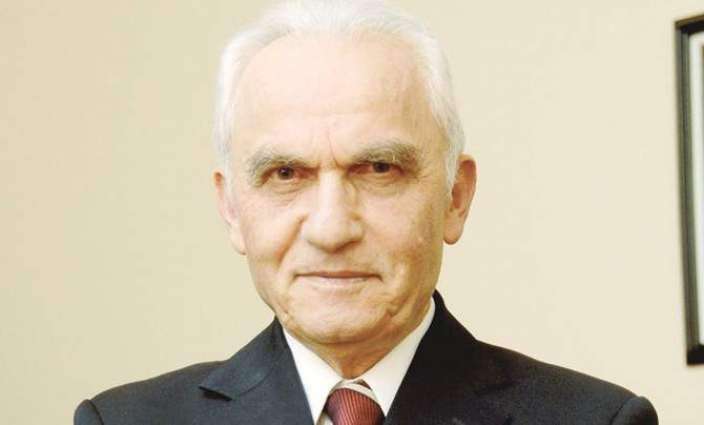Should Russian and Turkish leaders agree on the creation of a safe zone in the north of Syria at their talks on the situation in Idlib on Thursday, the international community is likely to insist on joint international control over it, former Turkish Foreign Minister Yasar Yakis told Sputnik
GENOA (Pakistan Point News / Sputnik - 04th March, 2020) Should Russian and Turkish leaders agree on the creation of a safe zone in the north of Syria at their talks on the situation in Idlib on Thursday, the international community is likely to insist on joint international control over it, former Turkish Foreign Minister Yasar Yakis told Sputnik.
Russian President Vladimir Putin and his Turkish counterpart, Recep Tayyip Erdogan, will discuss the settlement in Syria in light of the recent escalation in the province of Idlib on March 5 in Moscow, the Kremlin press service said on Tuesday.
Asked if the two leaders may agree on the creation of a safe zone in the north of Syria along the border with Turkey in order to facilitate the refugee return, Yakis said that "theoretically it is possible, but the international community may insist that the safe zone be controlled by an international force and not buy the Turkish army."
At the talks in Moscow on Thursday, Erdogan is likely to ask Putin to help implement measures such as "not to prevent the Turkish air force to enter the Syrian air space in Idlib and to carry out attacks at the Syrian forces, to secure that the Syrian forces withdraw from the areas it has seized after the Astana/Sochi agreements and to secure a ceasefire and the establishment of a secure zone [safe zone] in Idlib to be controlled by the Turkish army," according to Yakis.
The Russian president, in turn, may ask the Turkish leader to fulfill the commitment under Sochi agreement of 2018 and to disarm the opposition in Idlib, he noted.
In September 2018, Russian President Vladimir Putin and his Turkish counterpart Recep Tayyip Erdogan held talks in Sochi devoted specifically to the Idlib de-escalation zone. They agreed to create a demilitarized buffer zone in the province, which meant that all heavy weaponry operated by rebel groups was to be pulled back, and radical militants, including members of the Hayat Tahrir al-Sham terrorist group, previously known as the Nusra Front (banned in Russia), were to leave the zone.
Russia has repeatedly insisted that Turkey failed to implement its commitments under the 2018 bilateral deal on Idlib, particularly failing to distinguish between members of the armed opposition who are ready for engaging in peace talks with the government and jihadists.
Earlier on Wednesday, Russian Defense Ministry spokesman Maj. Gen. Igor Konashenkov said that after 18 months since the Sochi agreements with Turkey on Syria were reached, shelling of peaceful settlements and the Hmeimim air base by terrorists had become daily. He noted that Hayat Tahrir Al-Sham and Horas al-Din (all banned in Russia) terrorists had crowded out all militants of the "moderate opposition" in the north of Syria and that the fortified areas of terrorists had merged with the Turkish observation posts deployed under the Sochi agreement.
Yakis noted that a return to the Sochi agreement could be possible, but it seems more difficult to achieve now, since "Turkey's military engagement is at a more advanced stage" than previously.
Fighting in Idlib escalated last week after jihadists carried out an operation against Syrian government troops, prompting retaliatory attacks after which the Turkish military said that more than 30 service members had been killed by the Syrian forces. The Russian Defense Ministry said that the Turkish military members who were for an unknown reason among the terrorists had become caught up in the attack.




